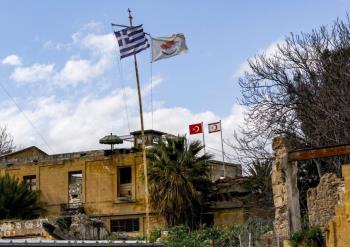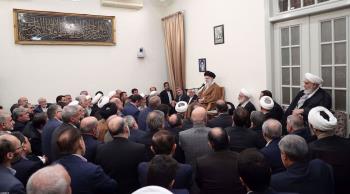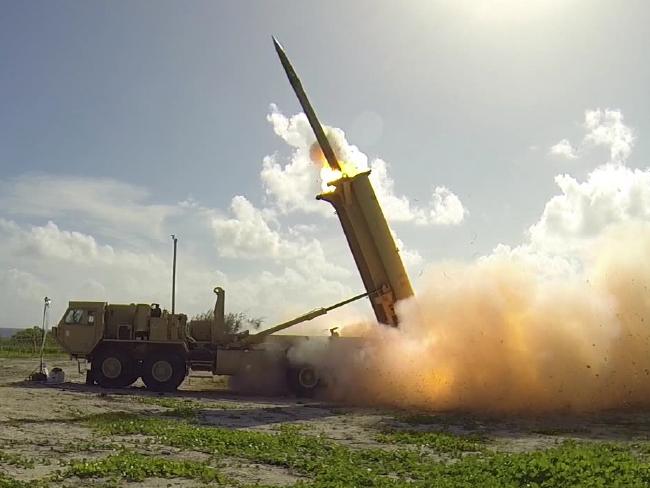Alwaght-The United States plans to carry out another test of its THAAD missile system further escalating the tense Korean Peninsula situation.
The US Missile Defense Agency (MDA) has confirmed that it will test a Terminal High Altitude Area Defense (THAAD) flight test from the Pacific Spaceport Complex Alaska “in early July.”
On Friday it emerged that the US military will test its THAAD batteries in the “coming days” in response to a North Korean rocket launch on July 4.
An anonymous source noted that it will be the first THAAD test against a simulated attack by an intermediate-range ballistic missile (IRBM).
Since 2006, the THAAD batteries have completed 13 flight tests with a reported 100 percent success rate. Produced by Lockheed Martin, THAAD provides the capability to intercept and destroy ballistic missiles inside or outside the atmosphere during the final phase of flight.
The batteries are now being deployed to South Korea to tackle potential threats emanating from Pyongyang. In Korea, the 35th Air Defense Artillery Brigade, subordinate to the US Eighth Army, would operate the system.
On Tuesday, North Korea conducted the latest test of its missile technology. The Hwasong-14 missile, which allegedly flew for a distance of 933km (580 miles), reaching an altitude of 2,802km (1,741 miles) at the peak of the 39-minute flight, passed all the technical characteristics and requirements to be deemed an ICBM, North Korea announced.
While condemning North Korean nuclear and missile tests as violating UN Security Council resolutions, Russia and China have urged the US to immediately halt its deployment of THAAD anti-missile systems to South Korea.
Speaking on Tuesday after their meeting in Moscow, Russian President Vladimir Putin and his Chinese counterpart Xi Jinping stressed that possibility of the use of military measures to solve the problems of the Korean Peninsula must be ruled out.
Tensions on the Korean Peninsula have been near boiling point following increased provocations by the US which includes military drills and deployment of warships and submarines in the region.
Pyongyang insists that developing its military defenses including nuclear weapons is important to counter incessant provocations by the US including a possible nuclear aggression.



























